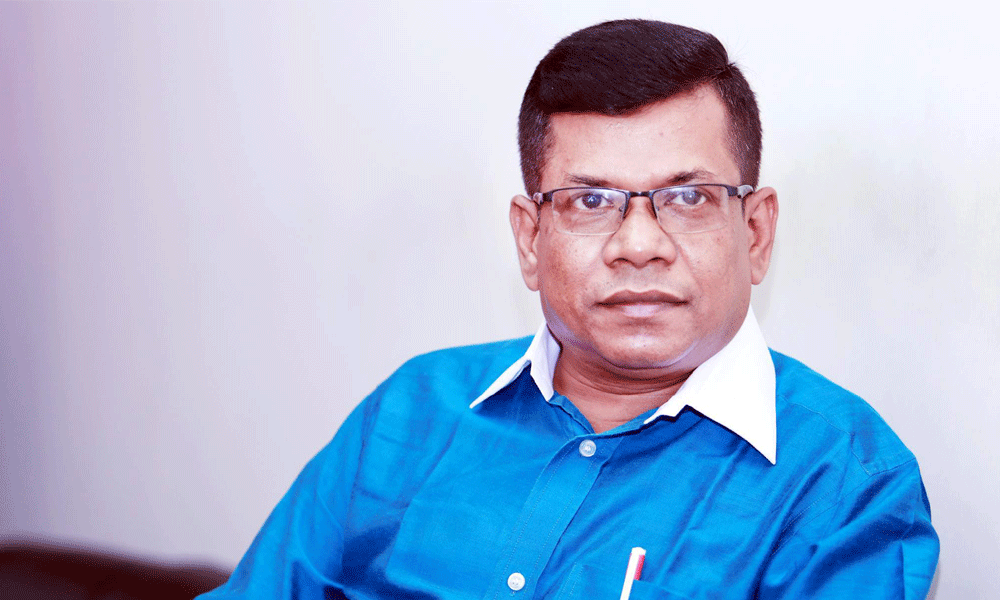
The government has formally announced that the armed forces will remain on duty with magistracy powers not only during the election but also after it, sending a clear message to the public.
Acting on public demand, practical necessity, and capability, the interim government has extended the special executive magistrate powers of armed forces personnel—ranging from army captains to commissioned officers (including those serving in the Coast Guard and Border Guard Bangladesh)—until 28 February 2026. The decision aims to ensure a free, participatory, and smooth election.
In response to rising law-and-order concerns, the armed forces were first granted special executive magistrate powers on 17 September last year.
Since then, the government has extended this mandate every two months. This time, the extension has been set for over three months to prevent incidents such as centre capture or ballot tampering.
The message is clear: attempts to politicise or discredit the armed forces and create confusion will not succeed. Beyond elections, the military plays an essential role in protecting national independence, sovereignty, and integrity, as well as maintaining internal security, managing disasters, and supporting international peacekeeping. Its presence also contributes to a secure and orderly election environment.
Army Chief General Waker-uz-Zaman has personally ensured that his forces remain disciplined and confident. Last week, at the Army Service Corps Commanders’ Conference in Khulna’s Jahanabad Cantonment, he urged personnel to stay prepared for the complex and evolving challenges of the 21st century.
He also discussed technological advancement, research, professional skill development, and future planning. During a three-day reunion with former cadets of the Joypurhat Girls Cadet College, he emphasised the importance of female leadership and empowerment, stating, “We want women in leadership and women’s empowerment.”
The armed forces’ resolve has prevented misinformation campaigns from gaining traction. The public has largely ignored baseless narratives circulated on social media, and the government has focused on transparency rather than countering falsehoods with propaganda.
The military has asserted that truth and action are sufficient to counter misinformation, boosting public confidence.
Chief Adviser Prof. Dr. Muhammad Yunus has also instructed the army, navy, and air force chiefs to take all necessary measures to maintain strict election security.
He acknowledged the hard work of armed forces personnel over the past 15–16 months in preserving law and order.
The entire country is now election-focused. Political parties, candidates, and voters—both domestic and overseas—are preparing for the upcoming polls.
Since the student-people uprising in July–August, the military has been advocating for an early election and remains determined to support its timely conduct.
However, some groups have attempted to undermine the armed forces’ credibility and morale to disrupt the election.
Although the Election Commission (EC) holds primary responsibility for overseeing the polls, election success involves multiple stakeholders, including candidates, voters, political parties, and law enforcement.
The EC functions like a referee, with law enforcement agencies—including police, army, Rapid Action Battalion, Border Guard, and Ansar—playing a crucial supporting role.
Unlike the army, the police still struggle with public trust, owing to past government actions that positioned them as opponents of the people and as partisan enforcers in the last three elections.
The army, in contrast, has gained greater public confidence and credibility.
To ensure free and fair elections, the EC has amended the 1972 Representation of the People Order (RPO) to once again include the armed forces among law enforcement agencies.
This inclusion aims to rebuild public trust and ensure voters can freely cast their ballots. Historically, the RPO was amended in 2001 to involve the armed forces in national elections and later extended to local government polls.
A 2008 amendment removed them, but the current adjustment has restored confidence among voters and election stakeholders.
With the upcoming parliamentary election slated for early February, the armed forces’ continued presence with magistracy powers reassures the public and guarantees a secure environment for voters, candidates, and election officials alike.
This decision has instilled hope and optimism among the nation’s citizens eager to exercise their democratic rights.
Author: Journalist and Columnist,
Deputy Head of News, BanglaVision

